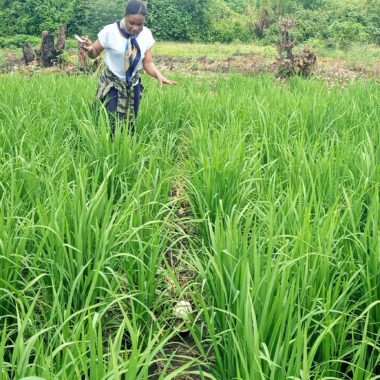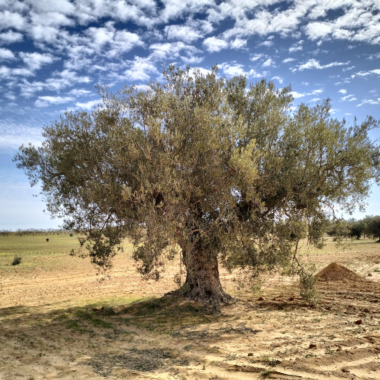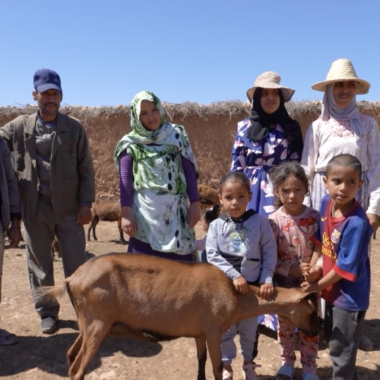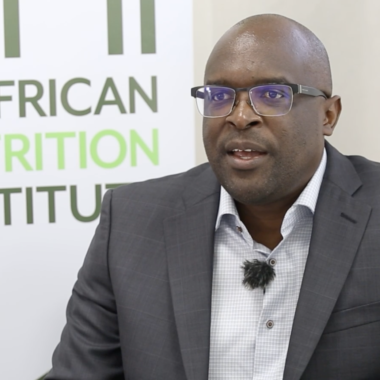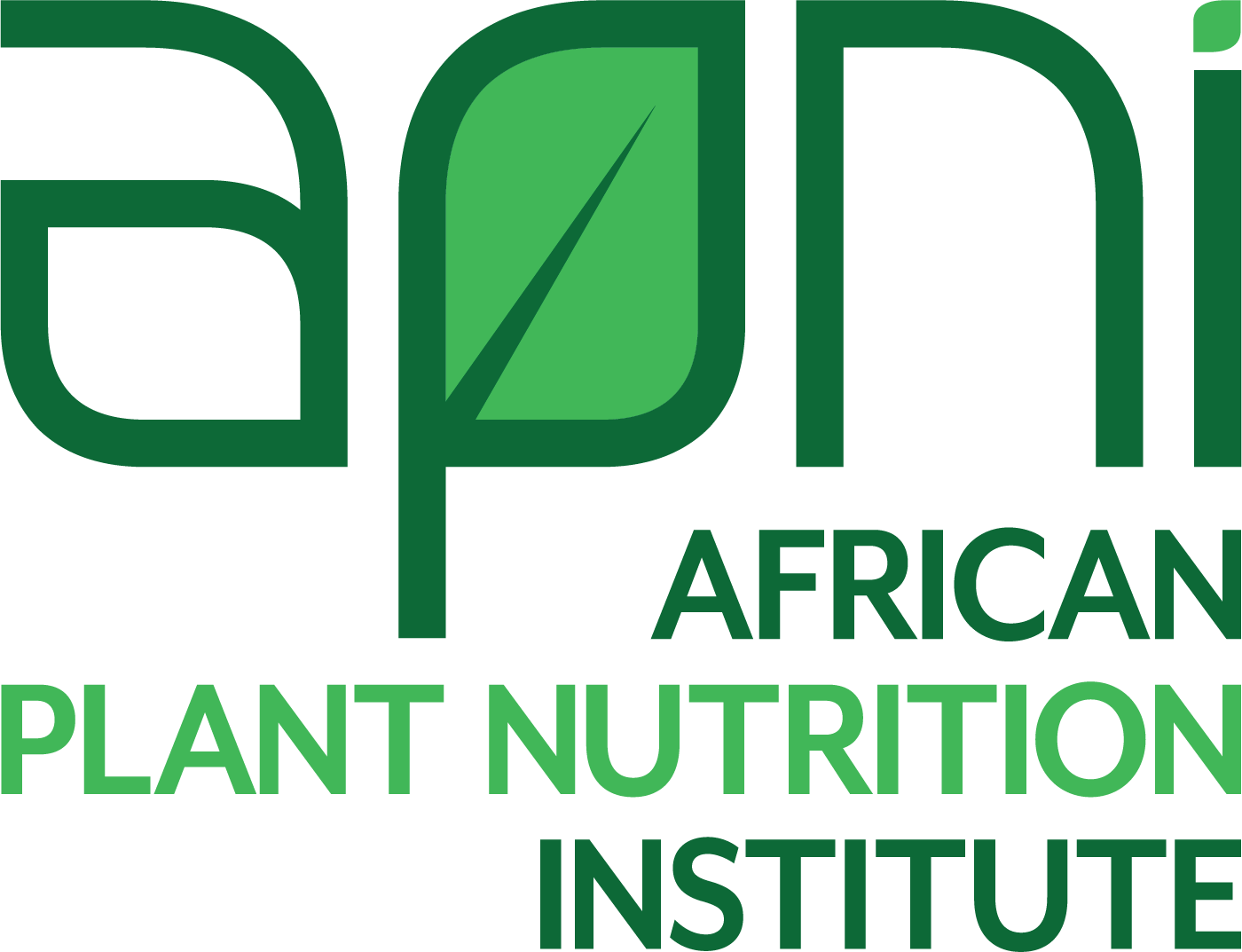
Media Release
www.apni.net/media-center
2020 Recipients of African Plant Nutrition Outreach Fellowship Award Announced
Awards of USD $5,000 have been conferred to two African scientists exploring innovative ideas on education, training and communication programs relevant to improving the use and efficiency of plant nutrients in African agro-ecosystems. These awards are sponsored by the African Plant Nutrition Institute (APNI), Mohammed VI Polytechnic University (UM6P), and OCP Group.
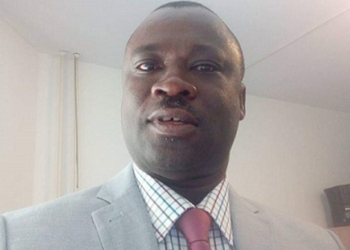
Prof. Kwame Agyei Frimpong — University of Cape Coast, Ghana
Prof. Frimpong’s project proposal centers around the promotion of effective soil fertility management in smallholder farming communities in Ghana.
“This outreach is intended to contribute to improvement in the livelihoods of the beneficiary farmers through increased crop yields and farmer incomes”, explained Frimpong. “By influencing farmer perceptions and addressing their socio-economic orientations through enhanced access to needed information, it is expected that the outreach will lead to the design and future implementation of better-informed soil fertility and plant nutrition policies among the beneficiary farmers.”
The outreach program will use modern, effective and socially acceptable communication tools to generate evidence-based data and information on indigenous soil management practices, and incentives for effective use of fertilizer in two communities in Ghana. Findings and recommendations of the study will be used to design a fit-for-purpose advocacy and capacity building program for smallholder as well as serve as the basis for a more comprehensive study across the country. Ultimately, this will enhance the adoption and integration of more effective soil fertility management practices into the Planting for Food and Jobs’ policy (PF&J) towards achieving the Sustainable Development Goals of no poverty (SDG 1) and no hunger (SDG 2) through improved agricultural productivity and food security and job creation across the country.
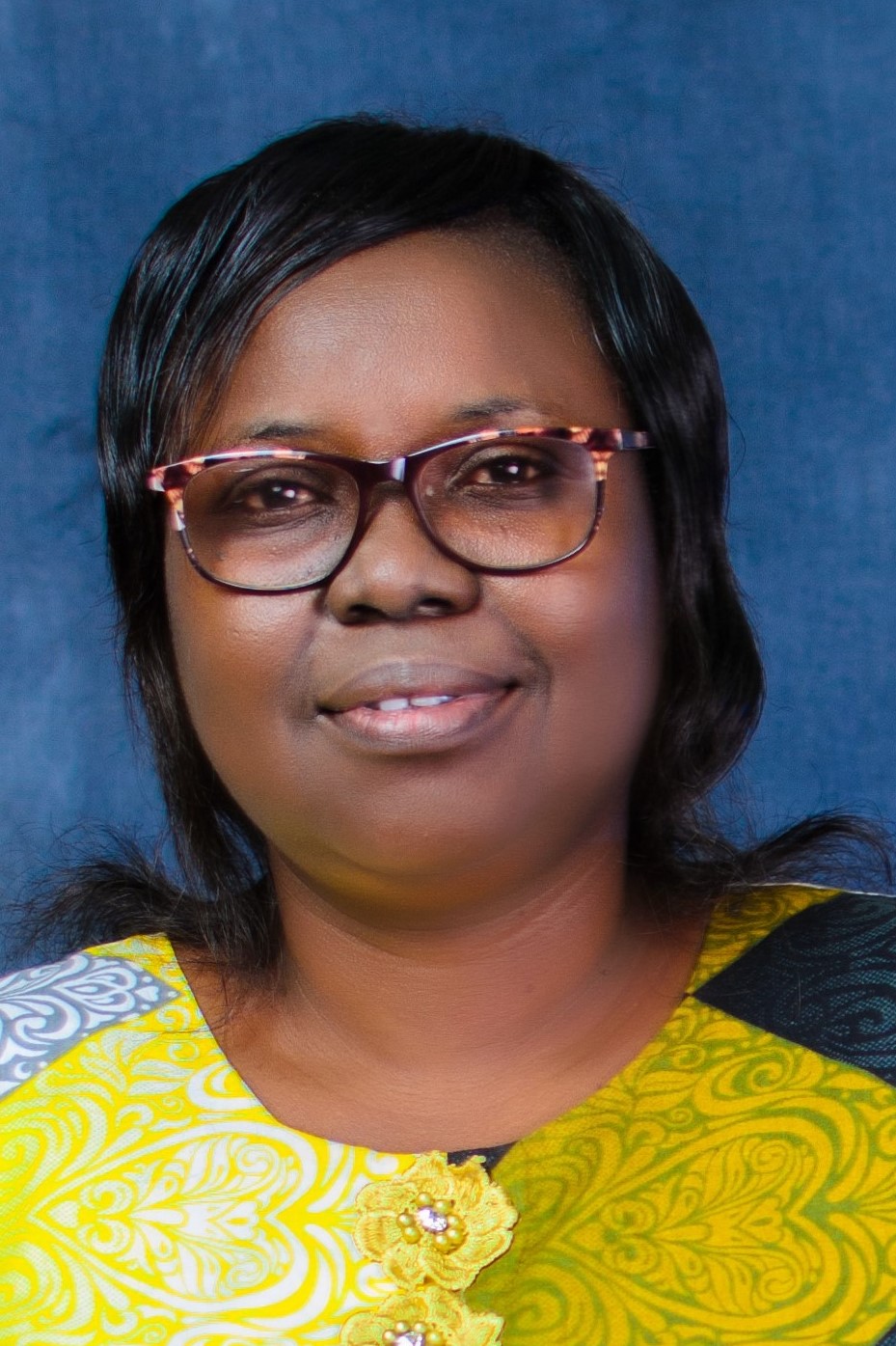
Prof. Bosede Olukemi Lawal — Institute of Agricultural Research and Training, Nigeria
Prof. Lawal’s project proposal is designed to promote integrated soil fertility management (ISFM) technology for sustainable maize production among smallholder farmers in southwest Nigeria.
“The project involves to use of a Farmers Field Schools (FFS) approach of extension and use of text messages, voice calls, radio jingles, training sessions and production of knowledge products for mass dissemination of information on the ISFM technology to farmers”, explained Lawal. “Farmers groups are also linked with input dealers, financial institutions and the market for sustainability of the ISFM technology. Moreover, android-based information sharing will be developed for mass dissemination of the technology.“
The main beneficiaries of the project are maize farmers and their households. As a result of the training activities, communication approach and tools, beneficiaries’ capacities to tackle soil fertility problems will be greatly increased. This will eventually contribute to increasing maize yields, and therefore food security and nutrition; protecting livelihoods; and generating higher income. Improved livelihoods will ensure better access to health facilities, balanced diet and quality education to their children. However, the project will also benefit other stakeholders who will benefit from improved income. It will ultimately translate to food security, good health and reduced poverty.


